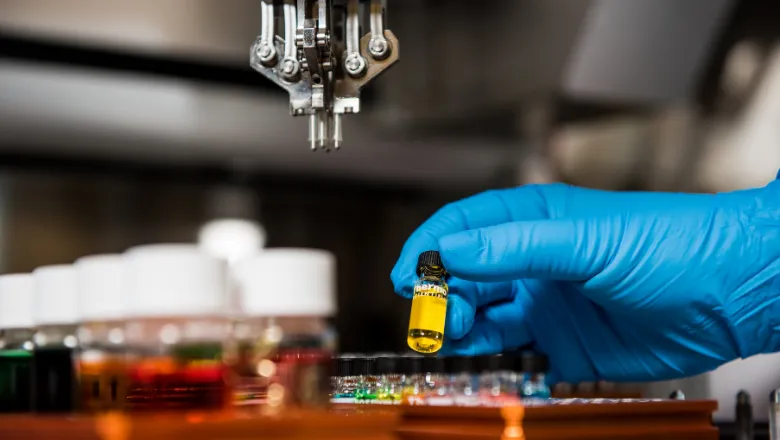Intratumor heterogeneity is believed to be a fundamental cause of therapeutic failure. It is of clinical importance to identify and better understand the drivers of the potentially more aggressive tumour clones expanding under selective pressure, as these are good candidates for predicting resistance to therapy and cancer relapse. With this study, we have been able to integrate genetic heterogeneity and microenvironment data within a mouse model of oral cancer that faithfully recapitulates many aspects of the human disease.
Dr Ines Sequeira, from the Centre for Stem Cells & Regenerative Medicine
11 November 2020
Genomic analysis provides insights into oral cancer
A study has brought a new understanding to the development of oral cancer.

The study, recently published in Nature Communications, is a comprehensive analysis of tumour genomics and microenvironment of a model for oral cancer. The breakthrough could help to improve early diagnosis and treatment strategies.
Oral cancer arises in the multilayered epithelia lining the mouth and lips. It most commonly found in the tongue, but can also occur in the floor of the mouth, cheek and palate.
The team from the laboratory of Professor Fiona Watt at the Centre for Stem Cells & Regenerative Medicine, the Sanger Institute and the Barts Cancer Institute at Queen Mary University London analysed the mutations present in tumour at different stages of development. Using computational tools to analyse different tumour mutations, the team found that high genetic heterogeneity may be a feature of early lesions that are likely to progress to more aggressive tumours.
Researchers have identified the recurrently mutated genes and correlated how specific mutations are linked to tumour invasiveness or increased number of immune cells in the tumour microenvironment.
While in vitro studies provide the first clues of evidence for drug testing, animal models are used for pre-clinical studies to test new therapies for cancer as they mimic the tumour microenvironment and the role of the immune system in tumour progression and metastasis.
This study provides a foundation for exploring oral cancer evolution, heterogeneity and progression. Researchers can now build on these studies to improve early diagnosis and refine treatment strategies of human oral cancer, since genetic heterogeneity is likely to be one of the main causes for treatment failure.
This research was funded by the Cancer Research UK, the Medical Research Council, the Wellcome Trust. Ines Sequeira is now a Barts Charity Lecturer.
